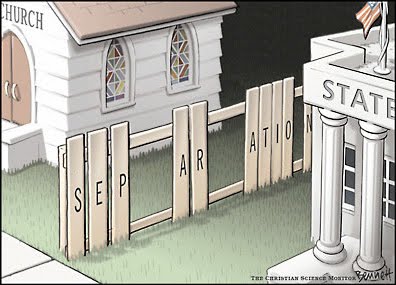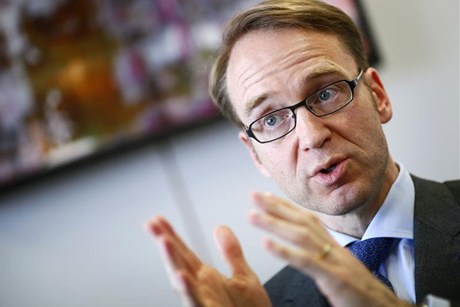House prices have jumped by 11.8% across the UK over the past year, the fastest pace since 2005, according to Nationwide.
The average home is now worth £188,903, surpassing peaks seen at the height of the market in 2007.
Values lifted by 1.0% month-on-month in June to helping to push average prices to £2,391 higher than just one month earlier, in May.
Values in London have leapt by 25.8% annually, marking the highest growth rate since 1987.
Prices in the capital have also broken through the £400,000 mark on average for the first time, the building society said.
The typical price of a London property is more than double the average UK house price, at £400,404.
Prices in London now stand at 30% above their 2007 peak and the gap between values in the capital and the rest of the UK is “the widest it’s ever been”, according to Nationwide’s report.
But strong annual price gains were not just confined to London and southern England. Nationwide said in Southern Scotland, which includes Ayrshire and the Borders, prices are up by 14% on the previous year, as are prices in Belfast in Northern Ireland.
In South Wales, including the Vale of Glamorgan, Bridgend and Swansea, house prices have seen a 12% year-on-year jump.
After London, Cambridge was named as the top-performing city for the housing market. Prices in Cambridge have surged by 20% over the last year to reach £419,187 typically. St Albans was the third strongest-performing city, with values lifting by 18% annually to reach £451,800 on average.
Newcastle was named as the worst-performing city, with a 3% annual uplift taking prices there to £181,473 typically.
Across the UK, all regions recorded annual price gains for the fourth quarter in a row, with the largest being in London and the smallest in Scotland, where values have risen by 5.4% annually to reach £141,872 on average.
In Wales, property prices are up by 9.3% on a year ago, now standing at £145,812 typically, while in Northern Ireland, where the housing market is still recovering from some sharp falls seen in the wake of the financial crisis, values have risen by 8.4% annually to reach around £117,150. Prices in Northern Ireland are still around half the level they were at their peak.
Robert Gardner, Nationwide’s chief economist, said the latest figures show there is still “significant variation” in the performance of the housing market across the UK.
Across the country as a whole, prices are just under 1% above their pre-financial crisis peak, but when London is taken out of the equation they are 0.4% below this previous high. Prices in southern regions are now above their 2007 peaks, while those outside the South are still below this level.
Last week, the Bank of England moved to put curbs on riskier mortgage lending by announcing that loans of 4.5 times a borrower’s income or higher should account for no more than 15% of new mortgages issued by lenders.
There have already been some signs of a slight slowdown in the housing market since the launch of stricter mortgage lending rules under the Mortgage Market Review (MMR) at the end of April, which mean mortgage applicants must be quizzed in more detail about their borrowing habits.
“Despite the raft of big numbers announced by the Nationwide, there is every reason to believe the market in the UK as a whole will slow in the months ahead. And that’s probably for the better,” commented Jonathan Samuels, chief executive of Dragonfly Property Finance.
“The Mortgage Market Review has clearly had an impact on mortgage approvals and is likely to slow the rate of growth in the near term, while the looming prospect of rate rises will also play a role.
“The rate of house price growth has ramped risk levels significantly and buyers, especially in the capital, need to be vigilant.”







